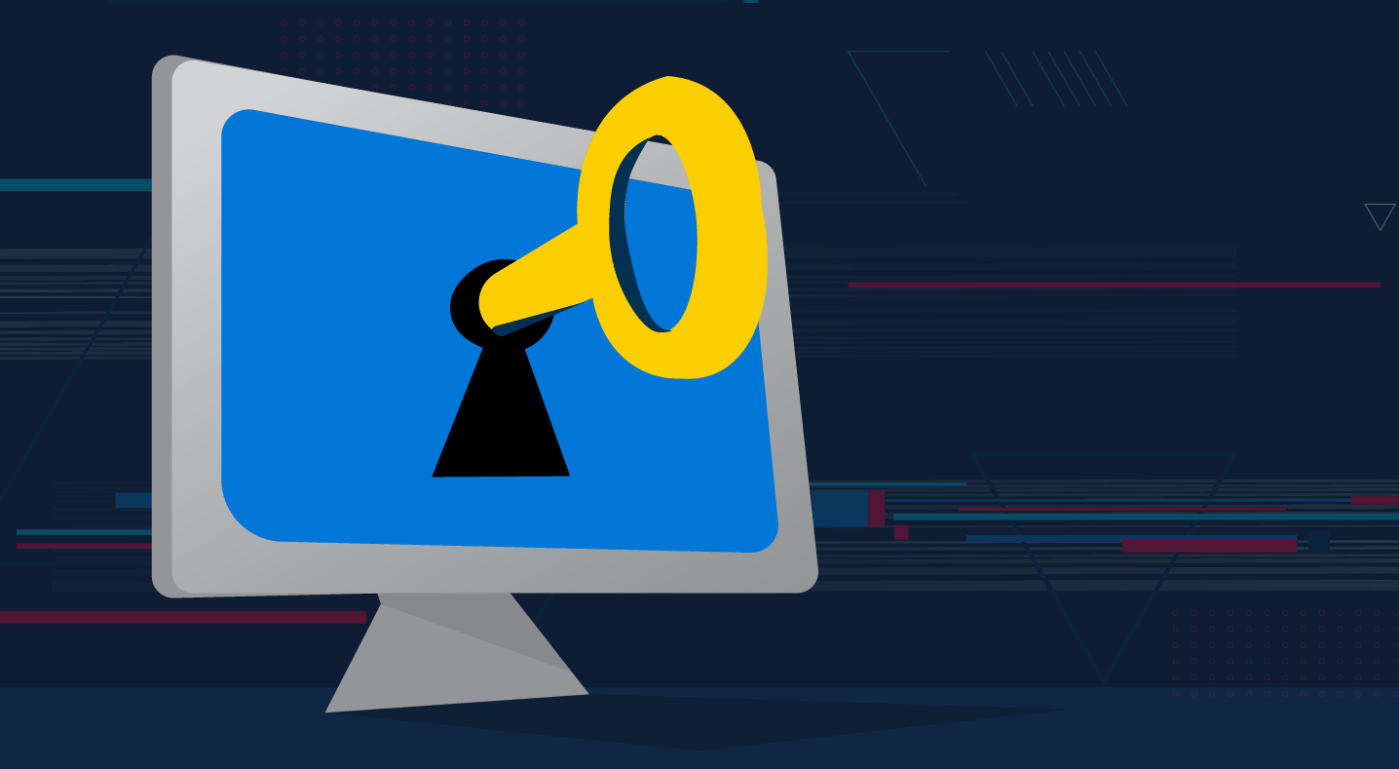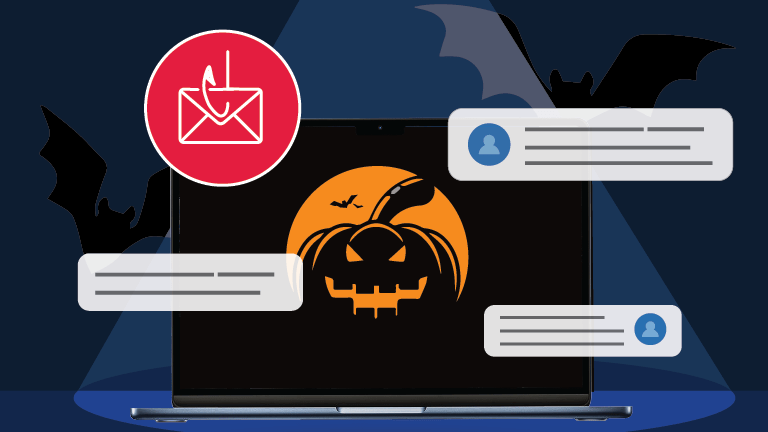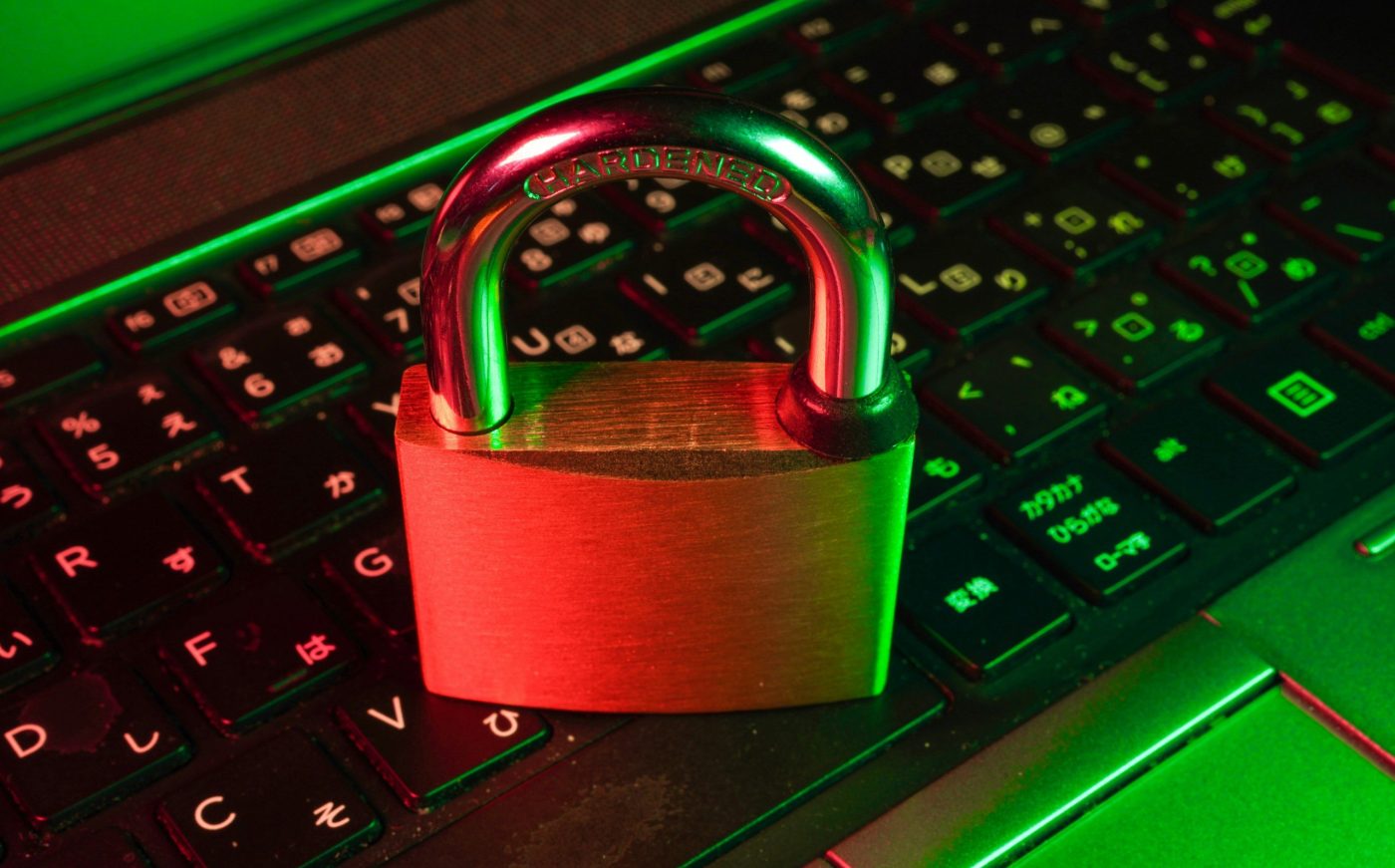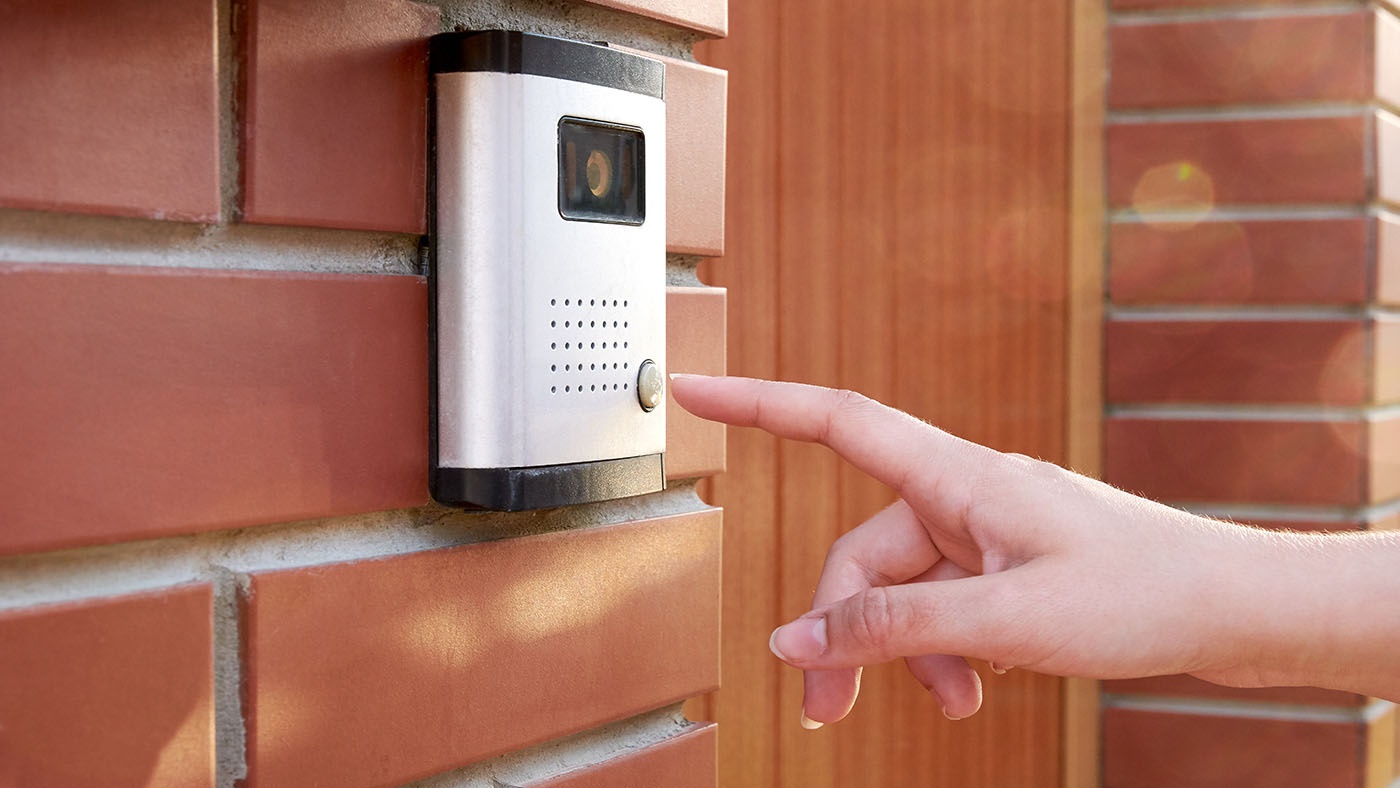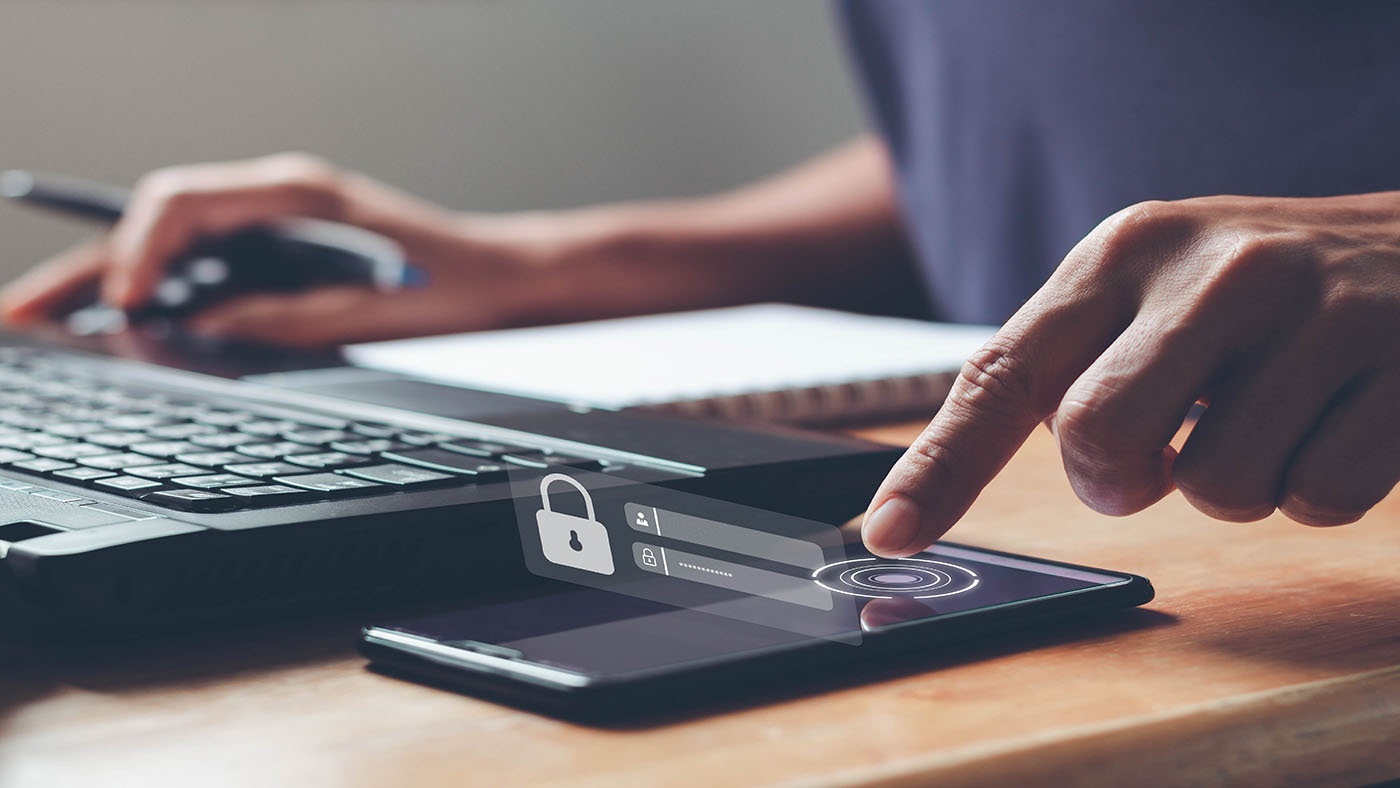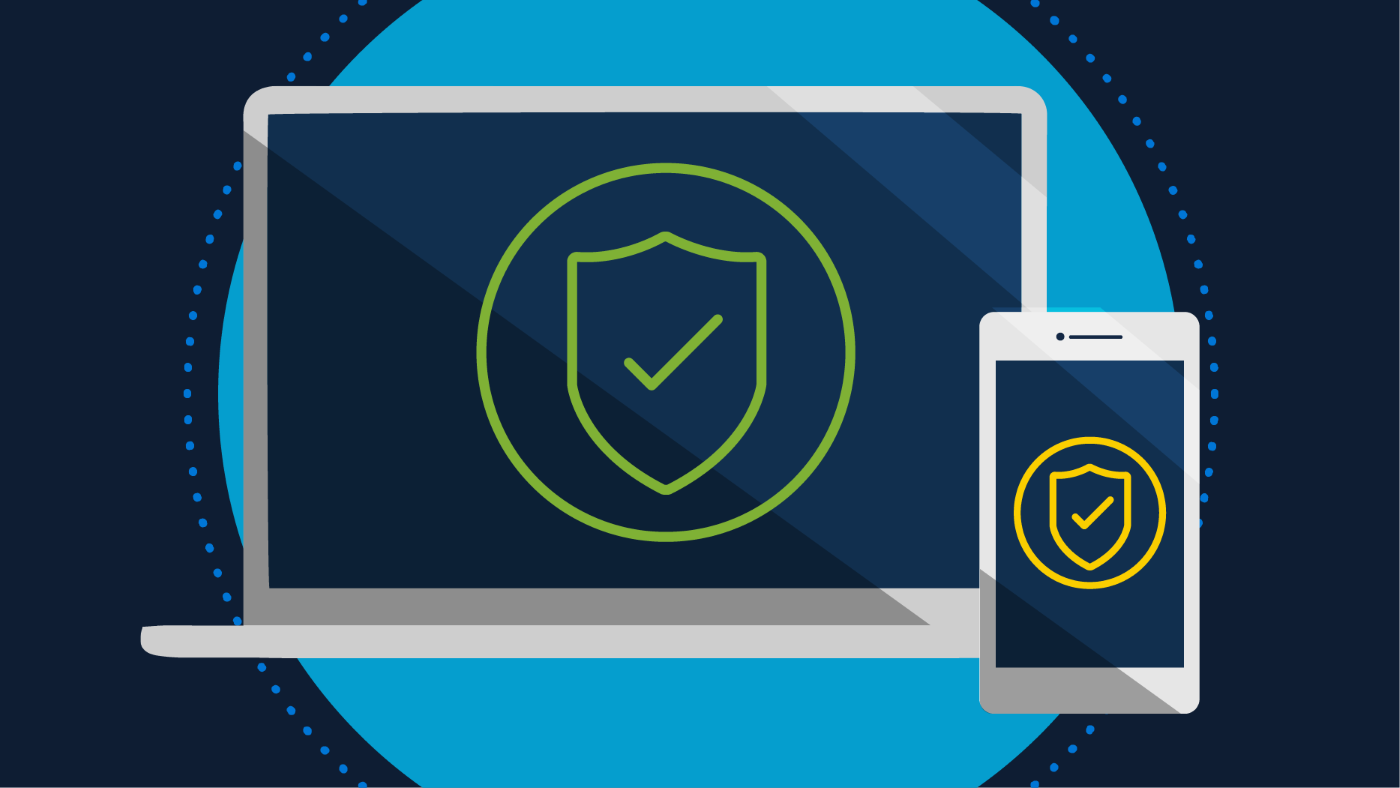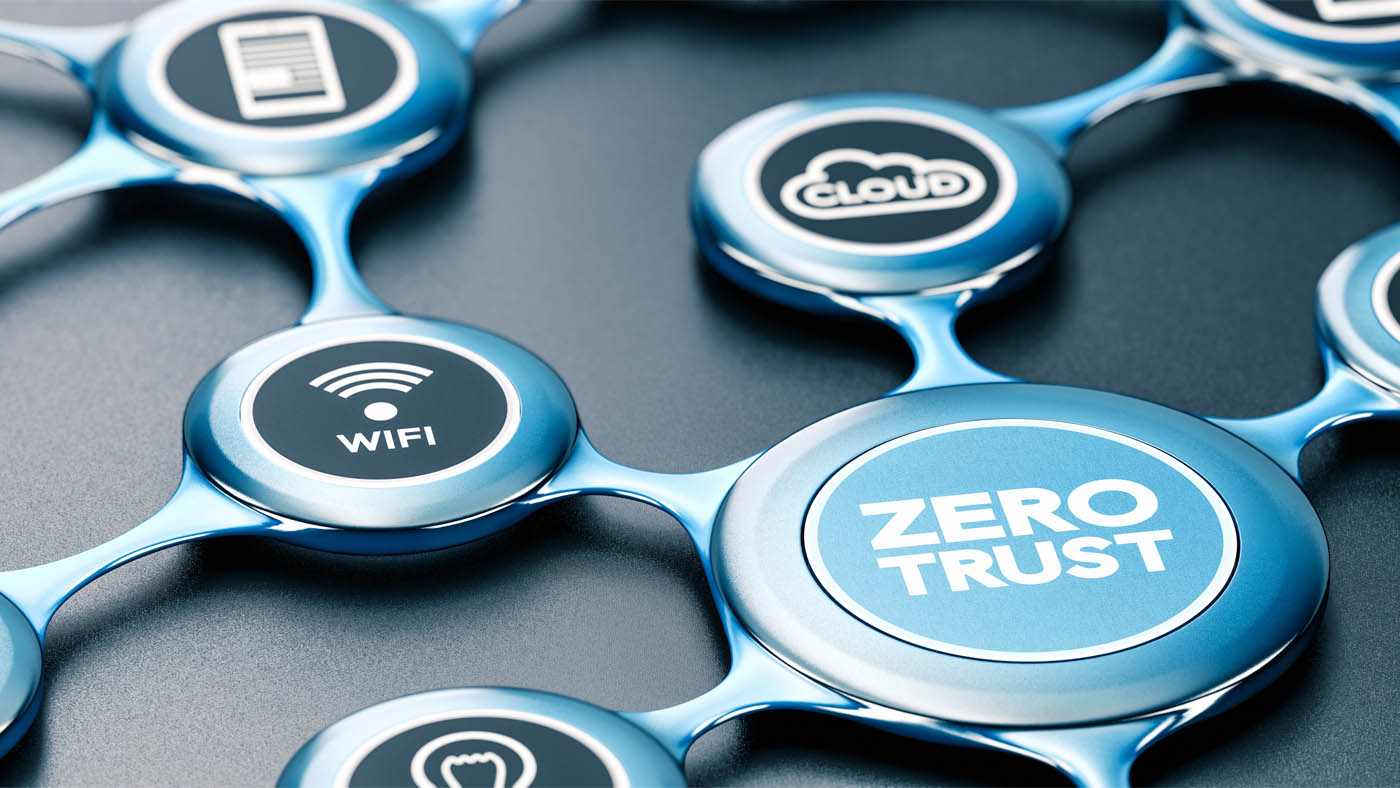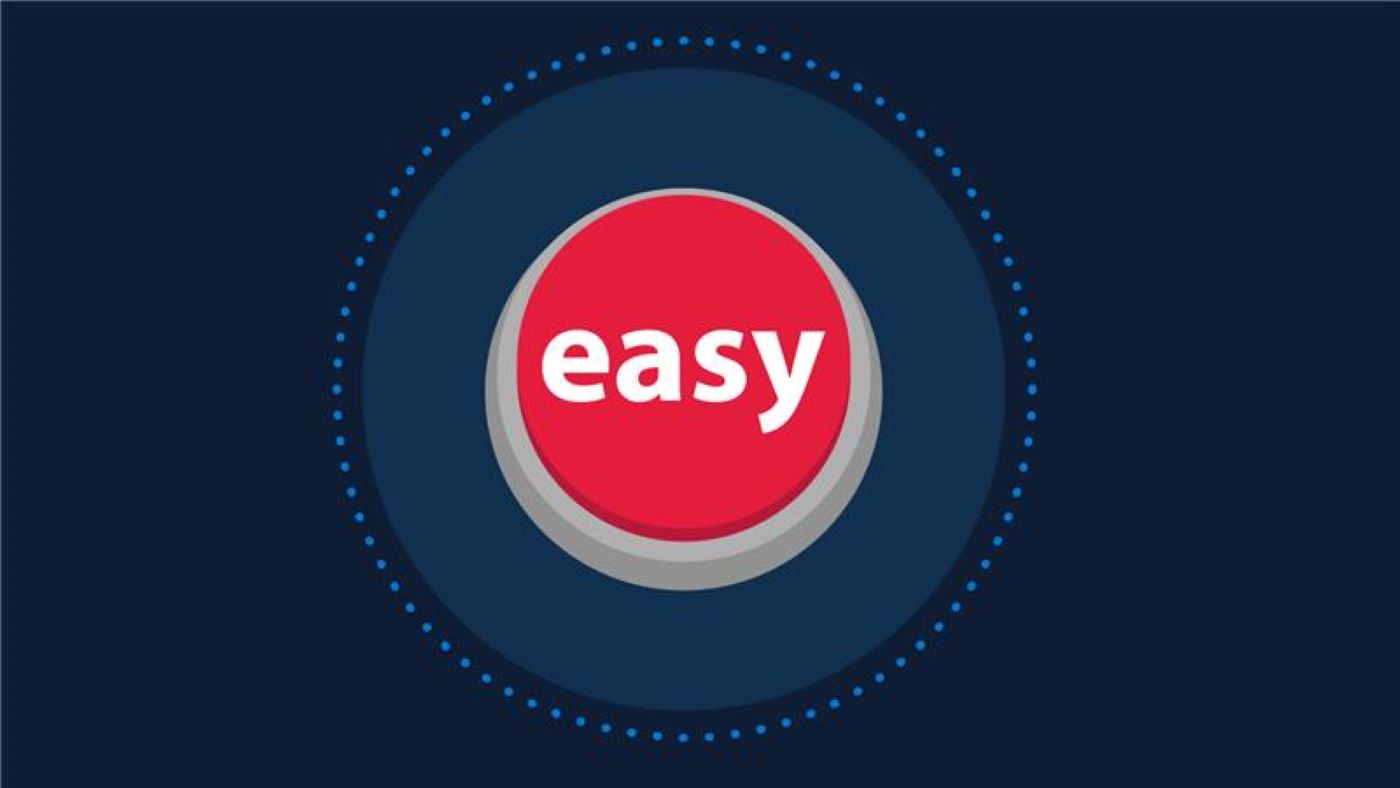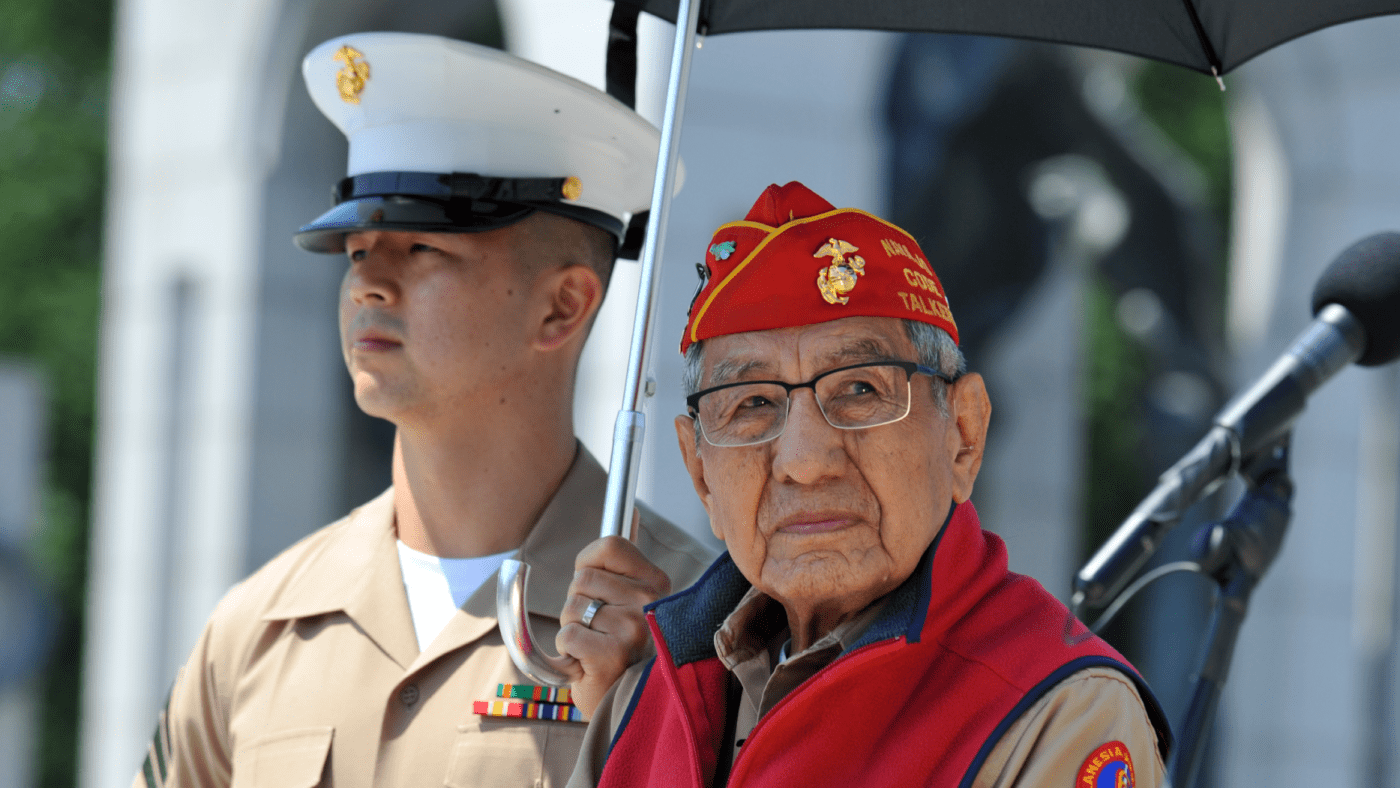Hear from VA Deputy Chief Information Security Officers as they give insights on what the Veteran community should know about online safety—including tips to keep your family and loved ones safe online.
There are always spooky online scammers ready to play tricks on you—not just in October. Read on to learn how to protect yourself from online phantoms.
VA remains open for business and is closely monitoring the Change Healthcare (CHC) cybersecurity incident.
Cybercrime and identity theft are rampant, but you can follow a few best practices and tips to keep your information safer online.
Knowing your privacy rights and keeping your personal information safe is paramount.
Smart devices, though convenient, are plagued with concerns around privacy. Here's what you need to know.
Add a double layer of account security by implementing multi-factor authentication on your VA information, if you don’t yet have it turned on.
Social media instantly links us to friends and family but following these tips will help us stay safe online.
Multi-factor authentication, also known as (2FA), is an easy, two-step verification process to prove and protect one's identity online.
Cybersecurity Awareness Month is a time to observe VA’s unwavering commitment to implementing zero trust architecture that enhances how data is protected, managed, and viewed by Veterans, staff, business partners, and stakeholders
October is Cybersecurity Awareness Month (CSAM), and it’s time to remember that cybersecurity is everyone’s responsibility.
Want to learn more about the warning signs of cybercrime? This video helps to protect you and your earned benefits.

